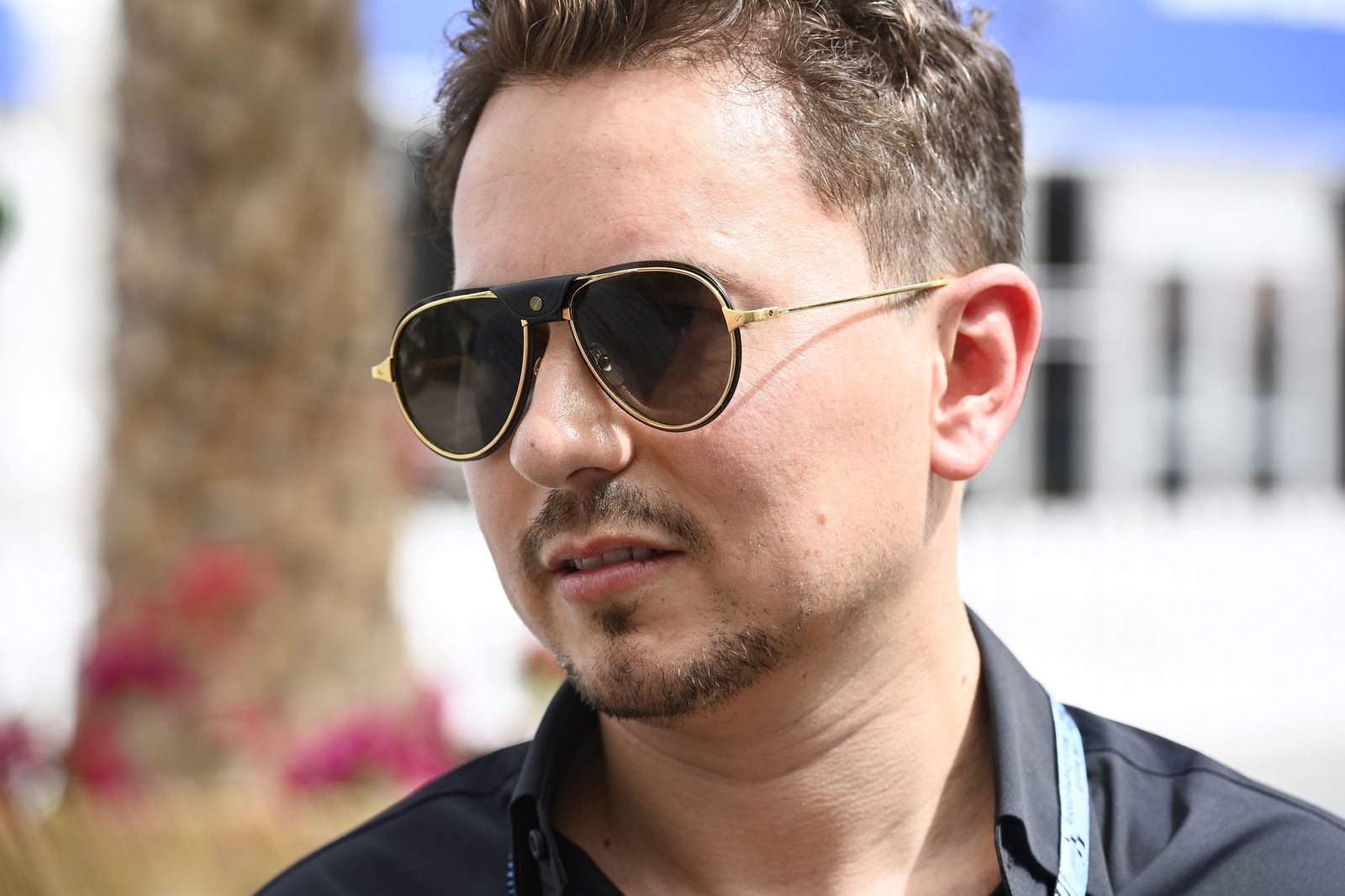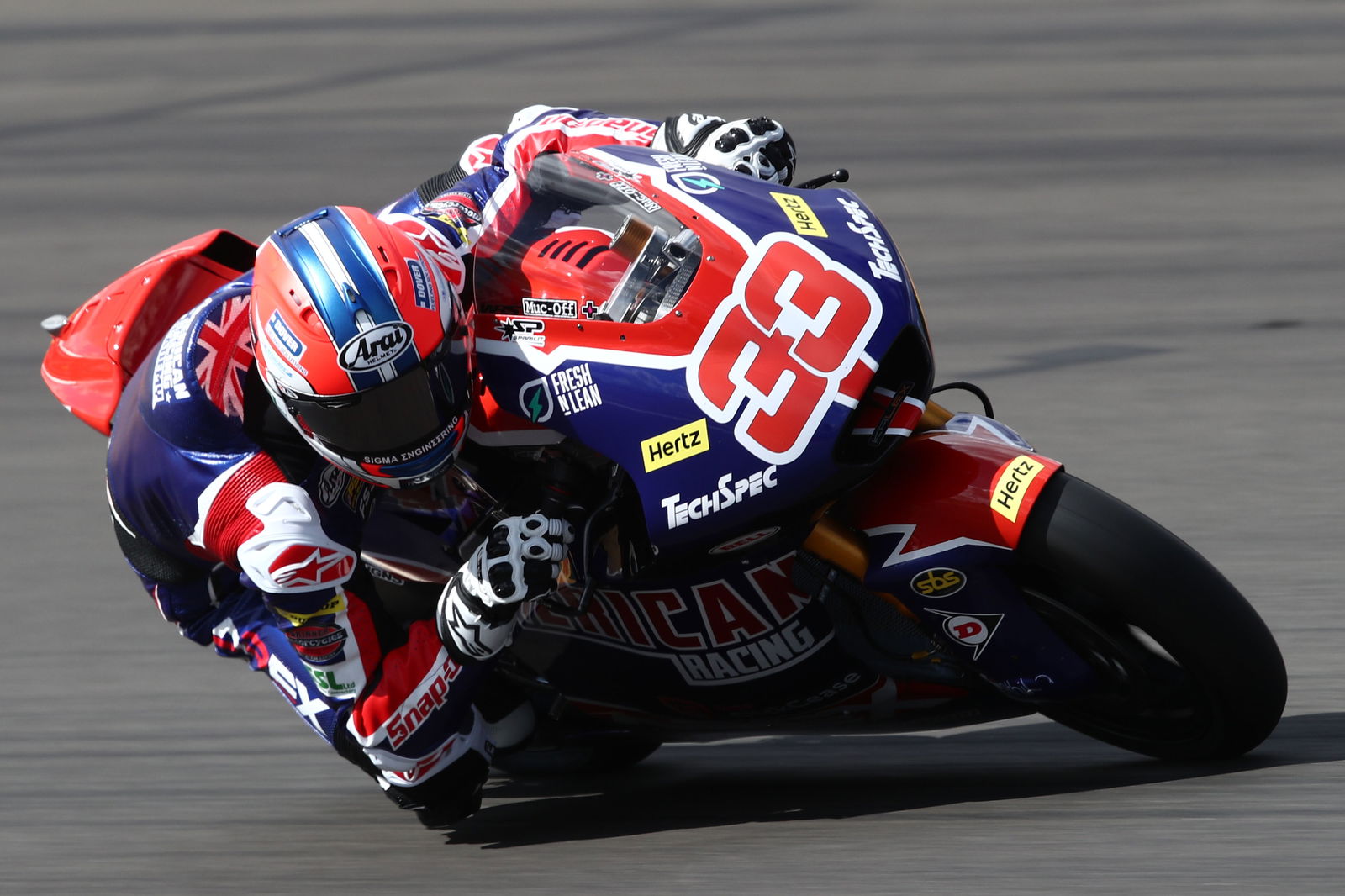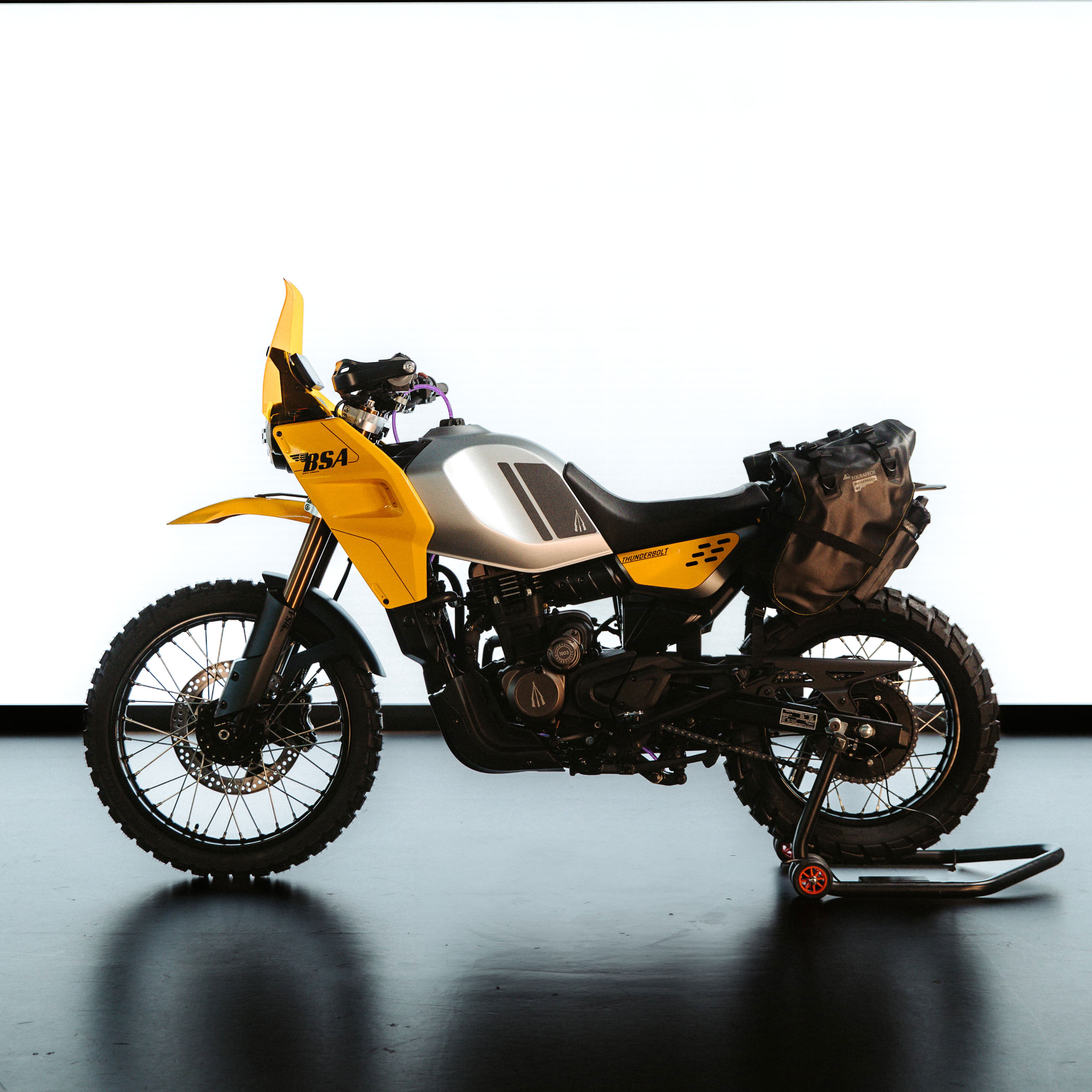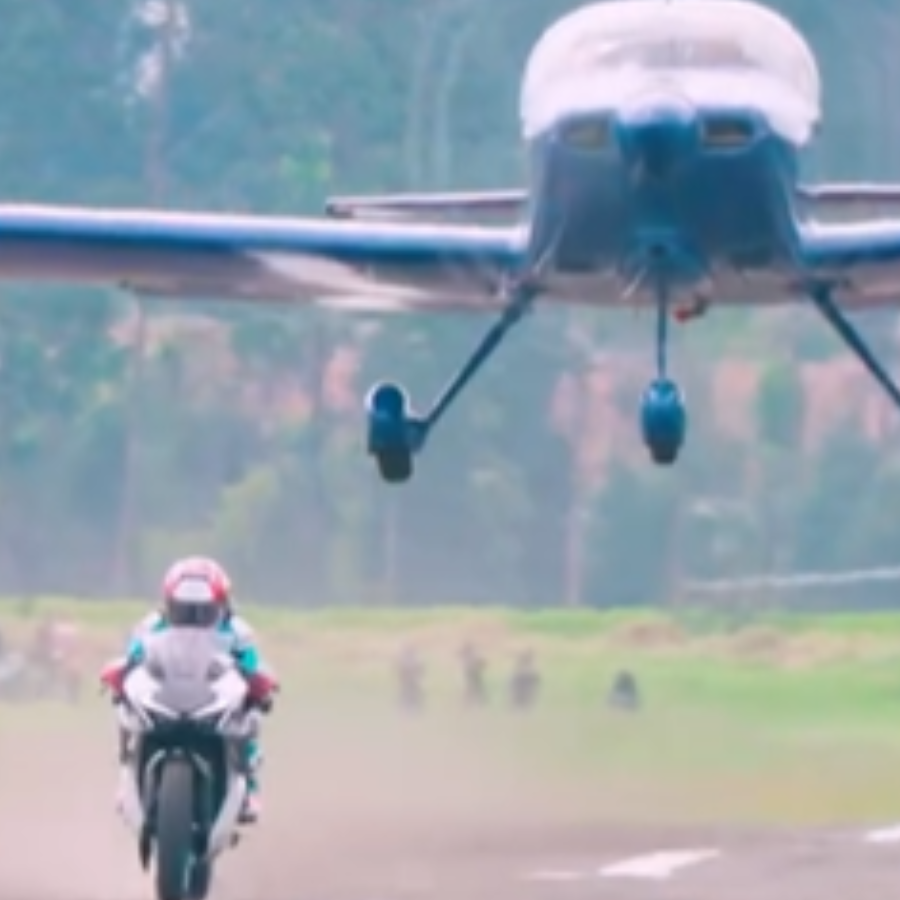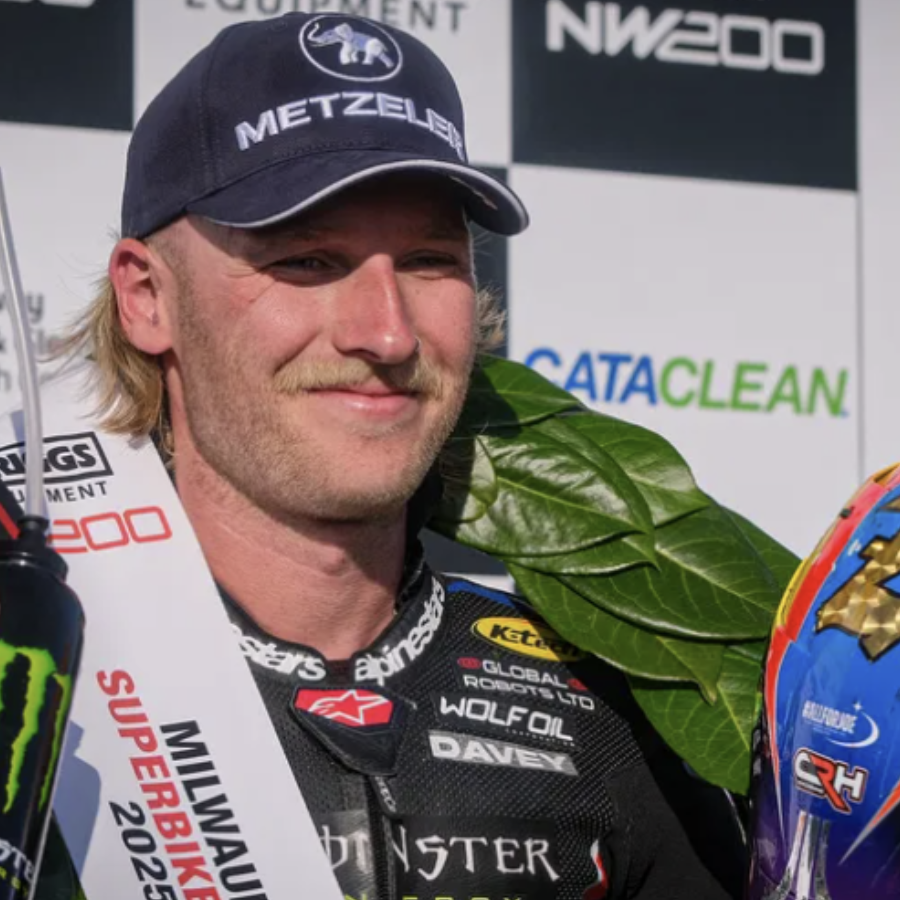Electric bikes will always be heavier than combustion bikes, Triumph reckons
Electric bikes will match combustion bikes for weight, according to Triumph, who see non-fossil fuels as a better 'green' solution to electrics.

Electric bikes will never be able to match the weight of their combustion equivalents, the chief product officer at Triumph claims.
As motorcycling moves towards more sustainable alternatives to burning fossil fuels to generate motion, electrics - particularly battery electrics - are established as the primary solution to reducing emissions from the vehicle.
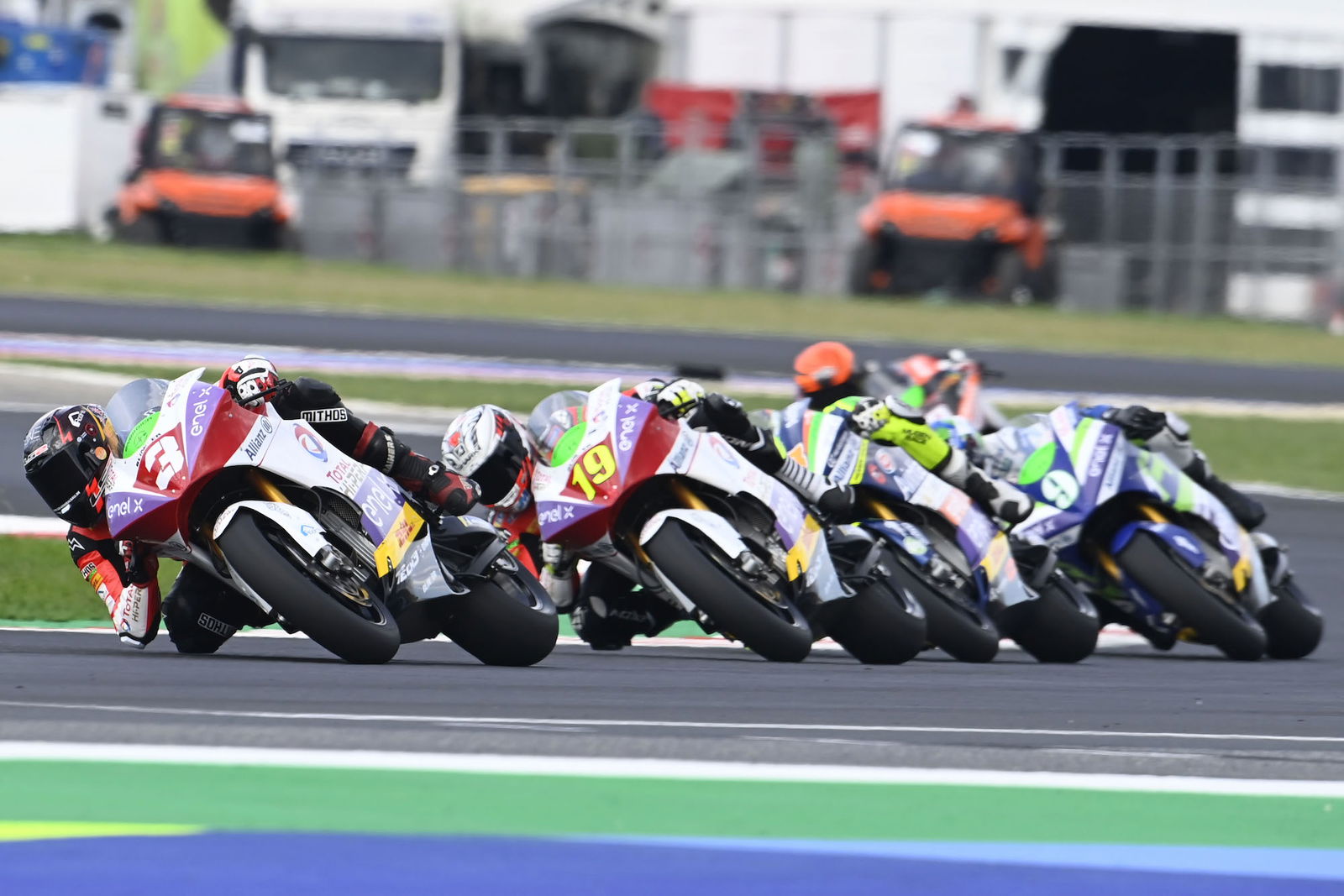
There are also other benefits to electric motorcycles. Their instant torque makes for strong acceleration and a linear throttle response, while they are usually (although this is currently changing) cheaper to run than combustion versions.
However, the weight and range are both major issues for electric bikes, especially when it comes to sports and racing machines. 200 horsepower gets you far further, at a far faster rate, when you have 100kg less for those 200 horses to push.
(There are also environmental issues which are made worse by heavier vehicles, mostly relating to tyre and brake particulates since these components wear faster on heavier vehicles.)
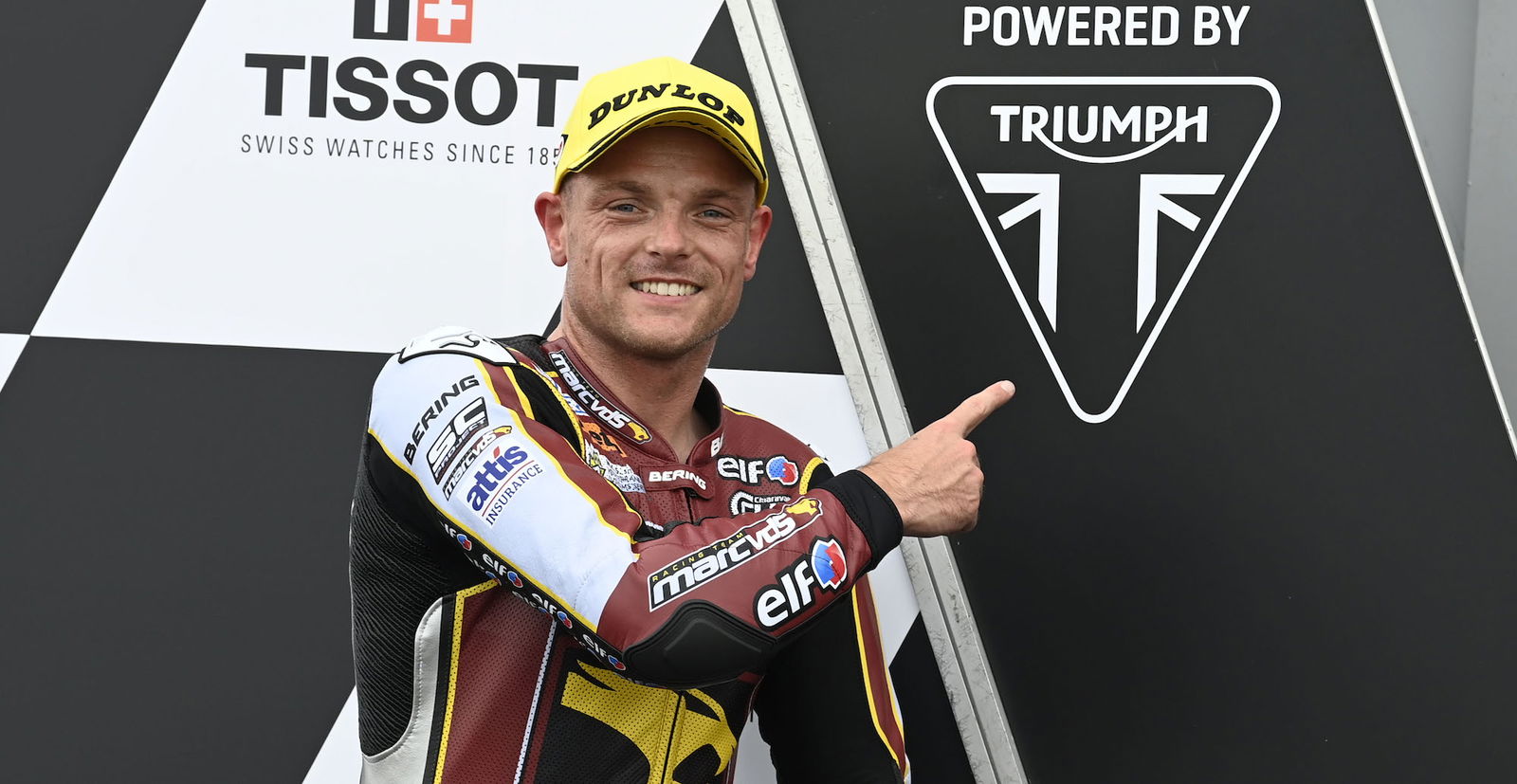
It is the weight in particular, though, which concerns Triumph’s racing department. The British marque has been the engine supplier for the Moto2 World Championship with their 765cc three-cylinder since 2019, run Triumph Street Triple RS bikes in the World Supersport Championship, and are poised for motocross debuts in both the US and World Championships in 2024.
All of these series are headed to more sustainable futures, but Triumph’s chief product officer, Steve Sargent, explained to Crash.net that electrics are always going to have a disadvantage to combustion bikes.
“Let's not kid ourselves, whilst the performance of an electric bike is incredibly impressive in terms of straight-line acceleration, quite clearly they are always going to be a heavier vehicle,” Sargent said. “Because with the technology that exists today, the battery packs are relatively heavy and the technology at the moment limits the amount of range you can get.”
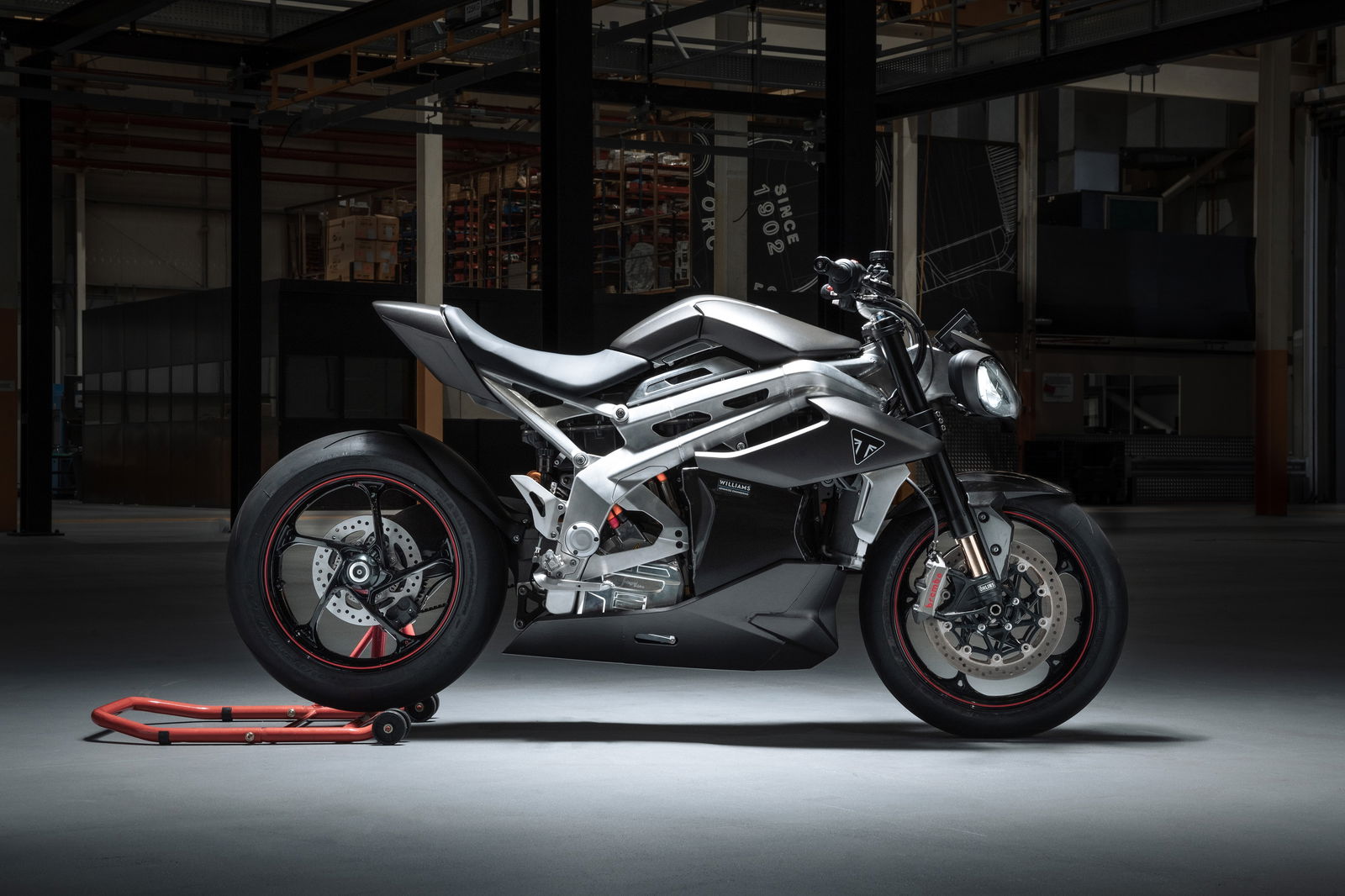
Sargent explained that Triumph has gained knowledge of the state of electric technology through its TE-1 project, and is now baffled by the claims of some manufacturers.
“We certainly understand the technology a lot better now, since we did the TE-1 project," Sargent explained. "We understand the capabilities and also the limitations of electric."
“The thing that drives me a little bit crazy,” Sargent said, “is all of these start-up companies who come out and say ‘we've got an electric motorcycle that will do 300 kilometres [on a single charge]’. And it's like… no!’ Unless you've reinvented the laws of physics and chemistry, then that's not going to happen.”
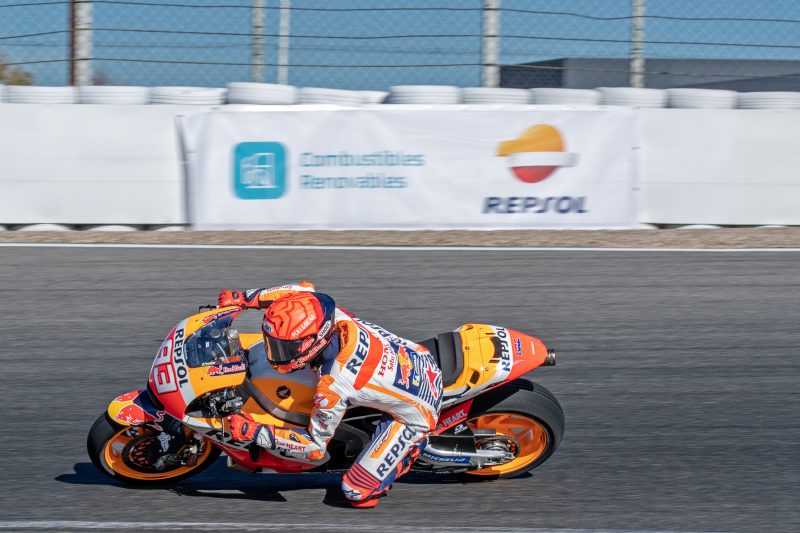
In racing, non-fossil fuels will arrive before battery electrics at the top levels. In both the MotoGP - and, more relevant to Triumph, Moto2 - 40% non-fossil fuels will be used in 2024, and by 2027 they will be 100% non-fossil.
“We've done some testing with the E40 (40%) sustainable fuels and there's no degradation in performance. So we're reasonably happy with what we're seeing so far,” said Sargent, who added that there should not be any changes to the engine itself to compromise for the E40 fuel from a reliability perspective.
Ultimately, for racing, Sargent sees sustainable fuels as the solution over electrics. “I think in terms of making the championship greener,” Sargent said, “then that's definitely an easier thing to achieve through sustainable fuels [than electric].”
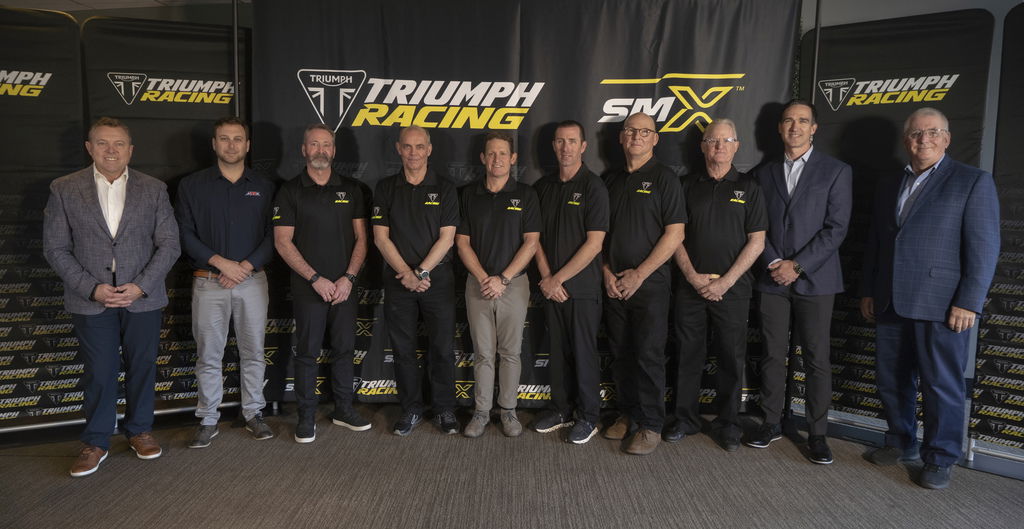
On the motocross side of things, it would appear less clear. Battery electrics are already posting impressive performance figures in the off-road world compared to their combustion equivalents, partly of course due to the fact that the top 450cc class in motocross is not horsepower-limited.
Further, in a supercross environment (thinking more specifically about the US), the instant torque of an electric would be beneficial from a performance perspective, although this could also detract from the quality of the racing.
None of the major manufacturers in motocross have built an electric dirt bike yet, with the exception of the minibikes from the KTM brands and the KTM Freeride. Honda, though, does have a prototype, and Yamaha has built two electric trials bikes. But, there are no production motorcycles from the major manufacturers yet on the performance level or potential of something like the Stark Varg, for example.
On MX Vice’s Inside Moto Show, Robin Walters and James Burfield expressed their relative confusion over Triumph arriving motocross with a combustion bike in 2024, when the sector seems poised for an electric switch in the near future. However, if Triumph considers sustainable fuels as a better solution in motocross, in the same way Steve Sargent has explained they do in short circuit road racing, perhaps they are arriving in motocross in preparation for a switch to 100% non-fossil fuels, rather than to battery electrics.
